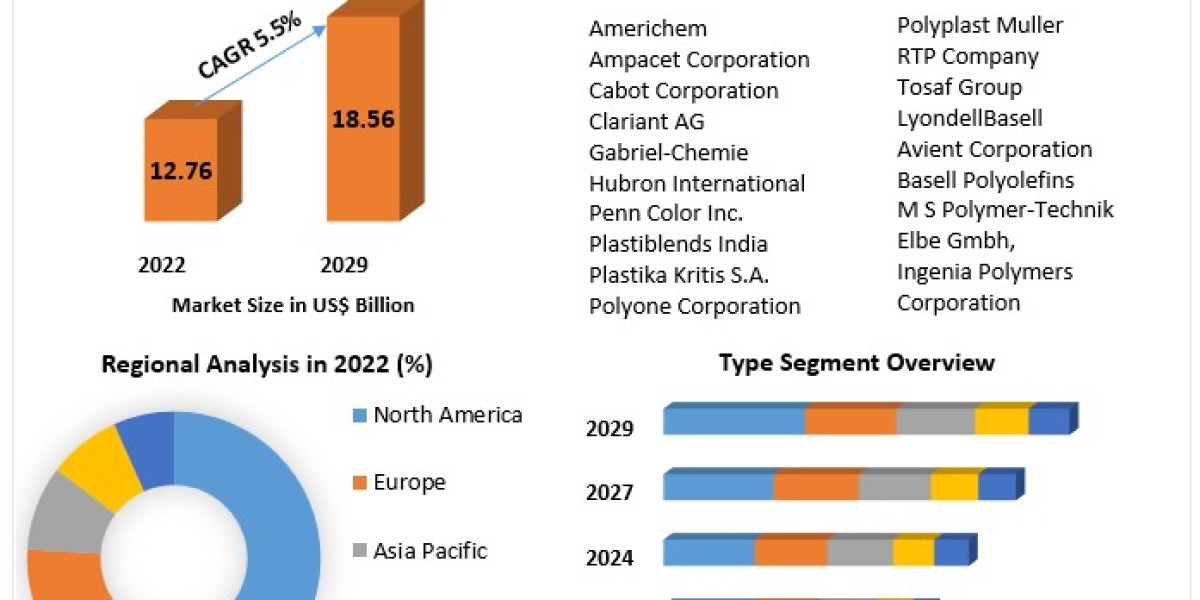As one of the world's leading cities, London faces significant challenges in waste management due to its dense population and diverse economic activities. Effective waste management is crucial for maintaining public health, environmental sustainability, and the overall quality of life. In recent years, technology has played a pivotal role in transforming waste management services, making them more efficient, sustainable, and responsive. This blog explores the various ways technology is revolutionizing waste management in London, highlighting key innovations and their impact on the city's waste management landscape.
The Evolution of Waste Management in London
Traditional Waste Management Practices
Historically, waste management in London relied heavily on manual labor and basic machinery. Waste collection was a straightforward process involving the gathering of waste from homes and businesses and transporting it to landfill sites. These practices, while functional, were not sustainable in the long run due to the growing population and the increasing volume of waste.
The Shift Towards Sustainable Practices
In response to environmental concerns and legislative pressures, London has seen a shift towards more sustainable waste management practices. Recycling programs, waste-to-energy initiatives, and the promotion of the circular economy are some of the measures that have been adopted. However, the real game-changer has been the integration of advanced technologies into waste management systems.
Technological Innovations in Waste Management
Smart Waste Bins
One of the most visible technological advancements in waste management is the deployment of smart waste bins. These bins are equipped with sensors that monitor the fill level in real-time and transmit this data to waste management operators. This innovation offers several benefits:
- Optimized Collection Routes: By knowing which bins are full, waste collection trucks can plan more efficient routes, reducing fuel consumption and operational costs.
- Reduced Overflow: Smart bins help prevent overflow by ensuring timely collection, thus maintaining cleanliness and hygiene in public spaces.
- Data-Driven Insights: The data collected from smart bins can be analyzed to understand waste generation patterns, helping authorities make informed decisions about waste management policies.
Automated Waste Sorting
Automated waste sorting technologies have significantly improved the efficiency and accuracy of recycling processes. These systems use advanced technologies such as artificial intelligence (AI), machine learning, and robotics to identify and separate recyclable materials from general waste. The benefits include:
- Increased Recycling Rates: Automated sorting ensures that more recyclable materials are accurately identified and processed, reducing the amount of waste sent to landfills.
- Improved Quality of Recycled Materials: By minimizing contamination, these technologies enhance the quality of recycled materials, making them more valuable and easier to reprocess.
- Labor Efficiency: Automation reduces the need for manual sorting, allowing human workers to focus on more complex tasks.
Waste-to-Energy Technologies
Waste-to-energy (WtE) technologies convert non-recyclable waste materials into usable forms of energy, such as electricity, heat, or fuel. London has invested in various WtE facilities, which offer several advantages:
- Reduction of Landfill Use: By diverting waste from landfills, WtE technologies help extend the lifespan of existing landfill sites and reduce the environmental impact associated with landfill operations.
- Energy Production: These technologies provide a renewable source of energy, contributing to the city's energy mix and reducing reliance on fossil fuels.
- Greenhouse Gas Reduction: WtE facilities can capture and utilize the gases produced during the waste decomposition process, reducing greenhouse gas emissions.
IoT and Big Data Analytics
The Internet of Things (IoT) and big data analytics have become integral components of modern waste management systems. By connecting various devices and sensors, IoT enables real-time monitoring and management of waste collection and processing activities. Big data analytics, on the other hand, helps in analyzing vast amounts of data to derive actionable insights. The key benefits include:
- Predictive Maintenance: IoT sensors can monitor the condition of waste management equipment and predict when maintenance is needed, preventing unexpected breakdowns and reducing downtime.
- Resource Optimization: Data analytics can identify patterns and trends in waste generation, allowing for better resource allocation and operational planning.
- Enhanced Decision-Making: Real-time data and analytics provide waste management authorities with the information needed to make informed decisions, improving overall system efficiency.
Blockchain for Waste Management
Blockchain technology, known for its transparency and security, is finding applications in waste management. By creating immutable records of waste transactions, blockchain can enhance transparency and accountability throughout the waste management supply chain. The potential benefits include:
- Improved Traceability: Blockchain can track the journey of waste from its source to its final disposal or recycling, ensuring that all steps are documented and verifiable.
- Fraud Prevention: The transparency of blockchain helps prevent fraudulent activities, such as illegal dumping or misreporting of waste quantities.
- Enhanced Compliance: By providing a clear audit trail, blockchain can help waste management companies and authorities comply with regulatory requirements.
Case Studies: Technological Innovations in Action
The London Borough of Westminster
The London Borough of Westminster has been at the forefront of adopting smart waste management technologies. The borough has deployed smart bins equipped with sensors that monitor fill levels and optimize collection schedules. This initiative has led to a significant reduction in collection costs and improved the cleanliness of public areas. Additionally, the data collected from these bins is used to analyze waste generation patterns and identify areas where recycling efforts can be intensified.
Cory Riverside Energy
Cory Riverside Energy is one of London's leading waste-to-energy facilities. The plant processes non-recyclable waste and converts it into electricity, providing power for thousands of homes. By diverting waste from landfills and generating renewable energy, Cory Riverside Energy plays a crucial role in supporting London's sustainability goals. The facility also uses advanced emissions control technologies to minimize its environmental impact.
Veolia’s Data-Driven Approach
Veolia, a global leader in waste management, has implemented a data-driven approach to optimize its operations in London. By leveraging IoT and big data analytics, Veolia monitors the performance of its waste collection fleet and predicts maintenance needs. This proactive approach has resulted in reduced operational costs and improved service reliability. Additionally, Veolia uses data analytics to identify opportunities for improving recycling rates and enhancing customer satisfaction.
The Benefits of Technology-Driven Waste Management
Enhanced Efficiency and Cost Savings
The integration of technology in waste management has led to significant improvements in efficiency and cost savings. Automated systems and real-time data monitoring enable waste management companies to optimize their operations, reducing the need for manual labor and minimizing fuel consumption. Predictive maintenance and optimized collection routes further contribute to cost savings by preventing equipment breakdowns and reducing operational expenses.
Environmental Sustainability
Technological innovations in waste management play a crucial role in promoting environmental sustainability. Automated sorting systems improve recycling rates, reducing the amount of waste sent to landfills. Waste-to-energy technologies provide a renewable source of energy and help reduce greenhouse gas emissions. Furthermore, real-time data monitoring and analytics enable waste management authorities to identify and address environmental challenges more effectively.
Improved Public Health and Safety
Effective waste management is essential for maintaining public health and safety. Smart bins and automated systems help prevent the accumulation of waste, reducing the risk of pest infestations and the spread of diseases. Real-time monitoring and predictive maintenance ensure that waste management equipment operates reliably, minimizing the risk of accidents and service disruptions.
Data-Driven Decision Making
The availability of real-time data and advanced analytics has transformed decision-making processes in waste management. Authorities can now make informed decisions based on accurate data, leading to more effective waste management policies and strategies. Data-driven insights also enable waste management companies to identify trends and patterns, allowing them to adapt to changing conditions and optimize their operations.
Challenges and Future Directions
Technological Challenges
While technology offers numerous benefits for waste management, it also presents certain challenges. The integration of advanced technologies requires significant investment in infrastructure and training. Additionally, the reliability and accuracy of automated systems must be ensured to prevent operational disruptions. Addressing these challenges will be crucial for the successful implementation of technology-driven waste management solutions.
Regulatory and Policy Considerations
The adoption of new technologies in waste management must be supported by appropriate regulatory and policy frameworks. Governments and regulatory bodies need to establish standards and guidelines to ensure the safe and effective use of these technologies. Collaboration between public and private sectors will be essential to develop policies that promote innovation while protecting public health and the environment.
Public Awareness and Engagement
Public awareness and engagement are critical for the success of technology-driven waste management initiatives. Educating the public about the benefits of smart waste management and encouraging participation in recycling programs will be key to achieving sustainability goals. Community involvement and feedback can also help identify areas for improvement and drive continuous innovation.
Future Directions
The future of waste management in London will likely see further advancements in technology and innovation. Emerging technologies such as artificial intelligence, blockchain, and advanced robotics hold significant potential for transforming waste management systems. Continued investment in research and development will be essential to harness the full potential of these technologies and address the evolving waste management challenges.
Final Thoughts
Technology has revolutionized waste management services in London, offering innovative solutions to enhance efficiency, sustainability, and public health. From smart waste bins and automated sorting systems to waste-to-energy technologies and data-driven analytics, technological advancements have significantly improved the city's waste management landscape. While challenges remain, continued investment in technology and collaboration between stakeholders will be crucial for the successful implementation of these innovations. As London continues to grow and evolve, embracing technology-driven waste management will be essential for creating a cleaner, greener, and more sustainable future.
By leveraging the power of technology, London can set an example for other cities around the world, demonstrating how innovative waste management practices can contribute to environmental sustainability and improve the quality of life for residents. The journey towards a smarter, more efficient waste management system is ongoing, and the potential for further advancements remains vast.
To learn more details contact with us
Name Of Company: Handy Rubbish
Address: 53A Bollo Lane, London, Greater London W4 5LS, United Kingdom
Phone: 020 3540 8282
Website URL: https://handyrubbish.co.uk/



